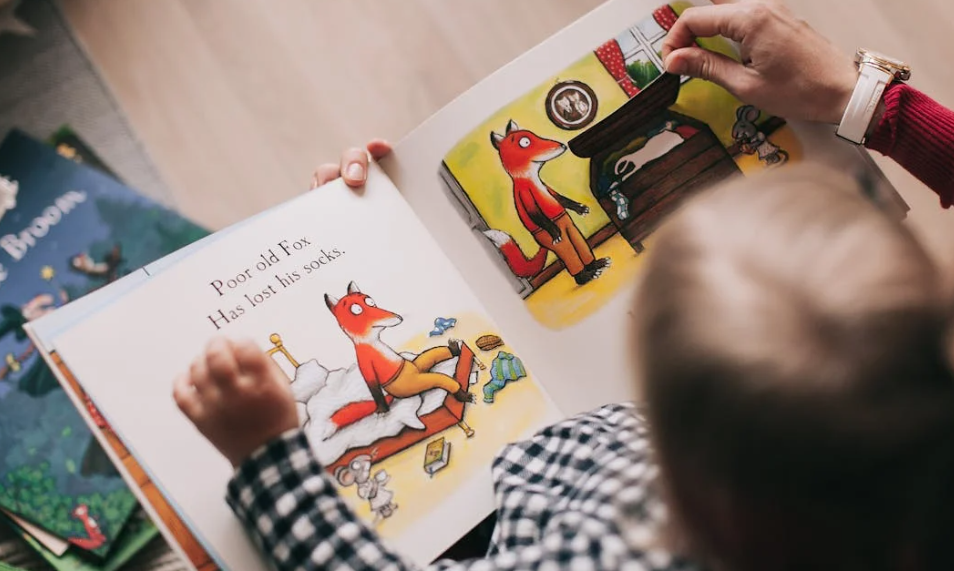The study also highlighted that children from lower socioeconomic backgrounds had less access to books and educational resources. Those who had more book exposure or interacted with adults during screen time demonstrated better language skills
A new international study suggests that increased screen time, including TV and smartphones, may negatively affect language development in toddlers. Led by researchers from 20 Latin American countries, the study found that book exposure and shared screen time with adults can improve language skills in toddlers.
The study, which analyzed data from 1,878 toddlers aged 12 to 48 months across Latin America, revealed that children with more screen exposure showed lower language development. TV and background TV were the most common forms of media, with average daily exposure exceeding one hour.
The study also highlighted that children from lower socioeconomic backgrounds had less access to books and educational resources. Those who had more book exposure or interacted with adults during screen time demonstrated better language skills.
The findings, published in the journal PLOS ONE, support previous research that excessive screen time can hinder early language development, though shared engagement with adults and exposure to appropriate content can mitigate some effects.













